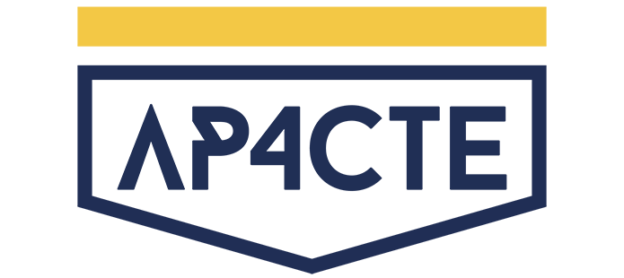
“Patriotism is not enough.” But neither is anything else. Science is not enough, religion is not enough, art is not enough, politics and economics are not enough, nor is love, nor is duty, nor is action however disinterested, nor, however sublime, is contemplation. Nothing short of everything will really do.”
Aldous Huxley, Island (1963)
AP Seminar
AP Seminar is a year-long preparatory course serving as the prerequisite to AP Research. The course content is flexible, often taking a multidisciplinary, cross-curricular approach, designed to showcase for students the overlapping and interdependent nature of their education. For the major thematic study, students work through the QUEST method of research: Question and explore, Understand and analyze, Evaluate multiple perspectives, Synthesize ideas, Team/transform/transmit. Students utilize a variety of lenses through which to examine a central theme.
Requirements
While the College Board allows for AP Seminar as a stand-alone course, students are strongly encouraged to commit to the two-year program.
AP Seminar students must pass the following three requirements, all of which combine for a single AP Exam score:
Task 1: Team Project and Presentation (20% of AP score)
Includes: a portfolio of article responses, annotated bibliographies, group topic proposal, individual research reports, group responses, and a collaborative multimedia presentation and oral defense.
Task 2: Individual Research-based Paper and Presentation (35% of AP score)
Includes: a portfolio of annotated bibliographies, topic proposals, detailed outlines, drafts, and peer editing, final papers and reflections, and an individual multimedia presentation and oral defense.
Task 3: End-of-course AP Exam (45% of AP score)
Includes: 3 short-answer questions regarding a single article or work within a given theme (students must demonstrate understanding and analysis of the argument presented in work), and a single sustained argument synthesizing four articles or works on a theme derived from the student’s reading/analysis of the works (evidence-based argument essay).
Class grades assess the components above, and students use rubrics, guidelines, and scoring breakdowns within class materials and expectations throughout the course.
Opportunities
Students in AP Seminar will have the chance to utilize the materials provided to them, the foundational skills of research, and the wide breadth of knowledge in their other classes to synthesize a multidisciplinary, cross-curricular work of significance. They will have a lot of personal choices in the direction of their contributions to the group project and individual research papers. Students should pursue topics they are interested in personally or academically. Students are strongly encouraged to integrate content from other courses they are currently enrolled in or have taken in the past. The aim should be to develop conscientiousness, finding relevance and positive connection between all aspects of a student’s high school studies—further enriching every class on their transcript. After the AP exam, Seminar students will begin individual inquiries for the Research portion of the program and engage in opportunities to adapt their Seminar work for scholarship and academic writing contests and submission for publication. (All great for college resumes and essays!)
